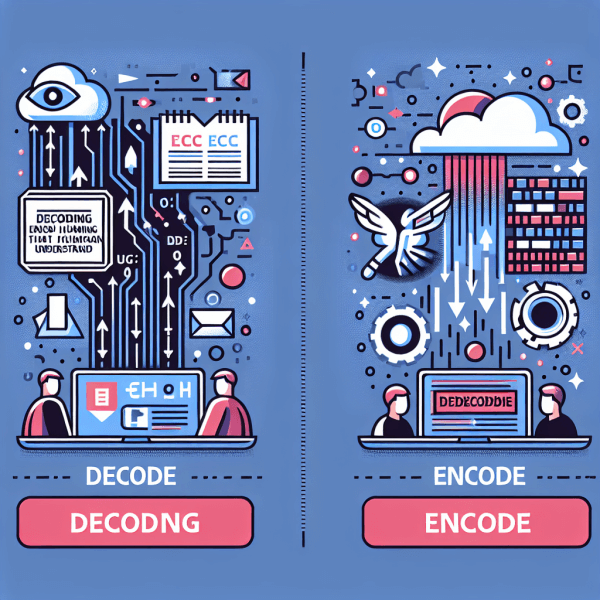The terms encode and decode are often used in various fields such as linguistics, computer science, communication, and cryptography. While they may appear to be opposites, they serve distinct yet interrelated functions in the processes of communication and information processing.
1. Definition of Encode
To encode means to convert information from one form to another. It is the process of transforming data into a format suitable for transmission or storage, which can be easily accessed by the intended audience. Encoding is vital in ensuring that information can be shared and understood across different systems or contexts.
2. Examples of Encoding
Encoding can take many forms, including:
- Converting a spoken language into written text.
- Translating a message into a code or cipher.
- Encoding data into a specific format for a multimedia file.
For example:
3. Definition of Decode
On the other hand, to decode is to reverse the encoding process. It involves translating the encoded data back into its original form. Decoding is essential for interpreting or understanding the message or information that was previously encoded.

4. Examples of Decoding
Decoding also appears in several contexts, including:
- Reading a text where words have been encrypted.
- Translating coded messages back into plain language.
- Converting encoded audio or video files back to a format that can be played.
For instance:
5. Practical Applications
The concepts of encoding and decoding have practical applications in numerous fields:
- Communication: When sending a message over the internet, the data is often encoded into packets that can traverse the network, and then decoded by the recipient's device.
- Cryptography: Secure communications require encoding messages to protect them from unauthorized access, necessitating decoding at the receiving end to restore the original message.
- Data Storage: Videos, images, and audio files are typically encoded for efficient storage and transmission; they are decoded upon retrieval for playback or editing.
6. Conclusion
In conclusion, the terms encode and decode are fundamental to understanding how information is processed, shared, and preserved in various domains. While encoding transforms information for dissemination and security, decoding allows for the retrieval and interpretation of that information. Their relationship is cyclical and essential in both everyday communication and specialized fields.








Have a discussion about this article with the community:
Report Comment
We're doing our best to make sure our content is useful, accurate and safe.
If by any chance you spot an inappropriate comment while navigating through our website please use this form to let us know, and we'll take care of it shortly.
Attachment
You need to be logged in to favorite.
Log In